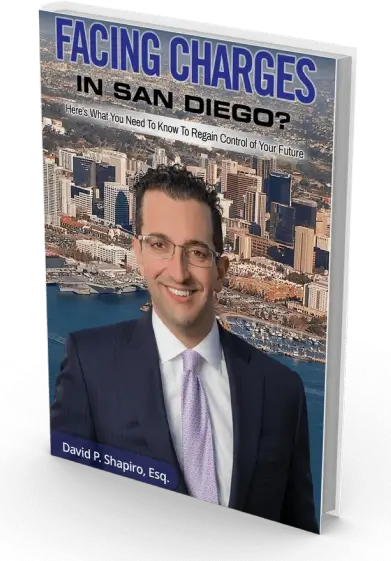What Classifies as Stalking in California?
We have all seen or heard of situations where relationships turn sour, and one person may have a hard time letting go. However, there is a fine line between normal breakup behavior and criminal stalking, and that line may not always be all that clear. Sometimes, you know it when you see it: think any Lifetime movie ever created. But other times, it can be harder to tell. So, what would a prosecutor need to prove to convict you of stalking?
There are two ways to commit the crime of stalking: by harassing an individual or their immediate family, or by repeatedly following an individual or their immediate family. The harassment or following must be “willful or malicious,” meaning you purposely meant to disturb, annoy, or injure them. On top of that, there needs to have been a “credible threat” made that was intended to make the other person reasonably fear for their safety. This would apply whether you actually intended to follow through with that threat.
In every stalking case, it is important to pore through the body of evidence and get a sense of the dynamic between you and your accuser. How many messages were sent? What exactly was said in them? Was this dynamic common for you two given your past relationship and history? Have you been accused of this type of conduct before? These are all things a good criminal defense firm will consider when determining how to paint a bigger picture for a prosecutor and, even more importantly, a jury.
In California, stalking is generally a wobbler, meaning it can be charged as a misdemeanor or a felony. However, the punishment can get steeper if you have prior stalking, domestic violence, or criminal threats convictions. That is why it is important to have a skilled criminal defense firm in your corner from day one to help you regain control of your future by building the best defense possible.
Concerned about being charged or investigated for criminal stalking in San Diego? Check out managing partner David Shapiro’s video here and give us a call at (619) 295-3555 to set up a consultation today.
The contents of this article and blog are for meant for informational and marketing purposes only and do not constitute legal advice. Viewing and/or use of the blog does not form an attorney-client relationship. No statements in this post are a guarantee, warranty, or prediction of a particular result in your case.









